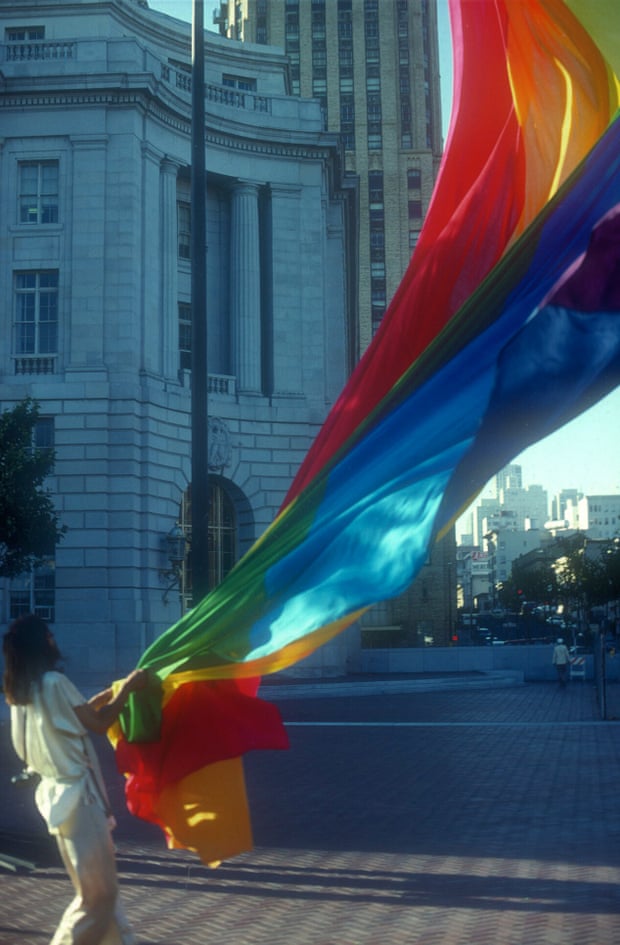
I’m super excited to be here this afternoon to discuss all things inclusive period talk with you. Let’s dive right in, shall we?
Menstruation, or having a period, is something that has been seen as a negative thing since... well the dawn of time. The concept of menstruating is something that predates language so it’s likely that stigma is pre-agricultural and pre-language.
Although the origin of the stigma surrounding menstruation is still debated, it is fair to say that this bodily function is often seen as something that should be hidden and never spoken about.
After all, there is a reason there are so many euphemisms and code words out there! I mean how many ways can you avoid using the word ‘period’?!
Do you feel comfortable discussing periods? If not, why? Let's discuss...
One comment I hear a lot when discussing menstruation is ‘shouldn’t we be talking about more important things?’ But the thing is period talk without shame and embarrassment can lead to direct action.
Language that describes periods as ‘dirty’, the tampon tax, blue liquid in adverts… Guess what? None of this would have changed without having a discussion about periods.
It is a vital tool in combating stigma. And it’s something everyone can do, whether they menstruate or not.
To fully understand the importance and power of the language we use, we first need to talk about the cycle of shame. People react childishly to even the slightest mention of periods, making those around them who menstruate feel the need to hide it.
If people feel like they can’t even say the word ‘period’, how can we expect real change? One thing that makes this cycle even more frustrating is just how early on it is implemented.
How many of you grew up thinking menstrual blood was dirty?
Whether you menstruate or not, from the moment we are old enough to understand what a period is, we’re told it’s an inherently bad thing. Because stigma is so insidious, this leads to many treating their own period like this too.
I was fortunate enough to grow up in a home that spoke about periods openly and even I still felt this shame and stigma growing up.
Whether it was thanks to the media, my peers, or lack of sex education in school, I felt like my period was a nuisance and was ashamed every time it happened.
I hid my products when going to the bathroom, I cancelled plans out of fear of leaking, I avoided physical contact when bleeding.
This lack of openness not only made me feel awful, it stopped me seeking help for extremely painful periods and delayed getting a much needed diagnosis of PCOS.
Not talking about periods stops people from learning about a bodily function they may well experience. It takes away people’s agency over their bodies. It alienates people, it encourages them to suffer in silence, and it can hold us back in life.
Menstruation is a personal and varied experience. Not everyone has the same experience and because there is such little information out there, myths and misinformation have been allowed to thrive.
When people do discuss menstruation, I find it is often tailored to a very specific experience. The person usually has a super regular cycle (28 days) and no other issues present, PMS doesn’t impact them much and they can afford products with ease.
However, this isn’t always the case and it shouldn’t be seen as the default.
It is also something that is discussed in a heavily gendered way, which is outdated for a number of reasons. This talk of ‘becoming a woman’ can sexualise young people before they’re ready for sex and using terms like ‘lady time’ or similar can infantilise adults.
Conflating periods with womanhood alienates a huge percent of the population. Transgender men who have periods exist. Non-binary people who have periods exist. There are cisgender women out there who don’t have periods at all, or did and no longer do.
There is no single universal experience, and language shouldn’t favour one experience over another.
The way we currently discuss periods makes a huge amount of people feel lesser than. We all deserve access to knowledge, products, and a safe space to use them. Everyone should have the freedom to explore/ask questions without shame.
• • •
Missing some Tweet in this thread? You can try to
force a refresh











